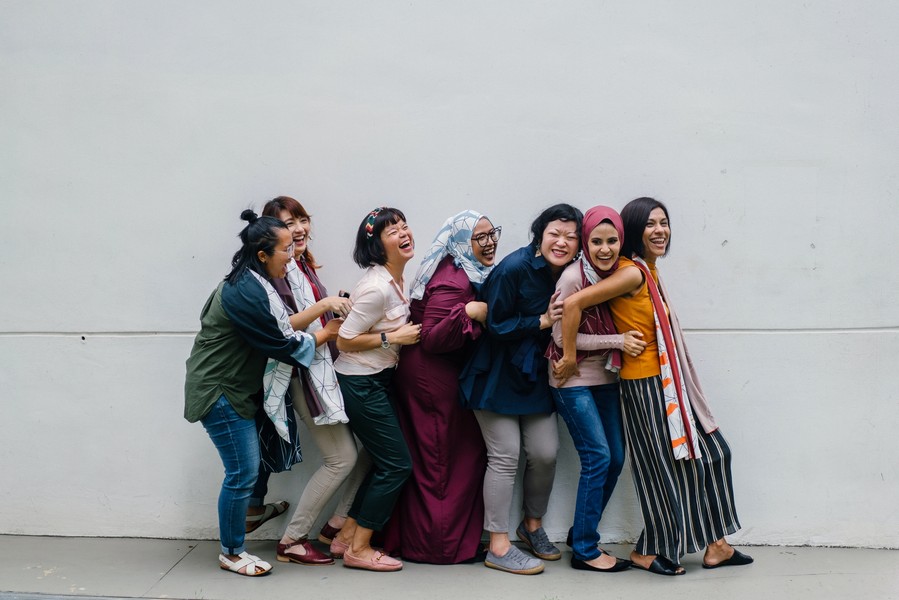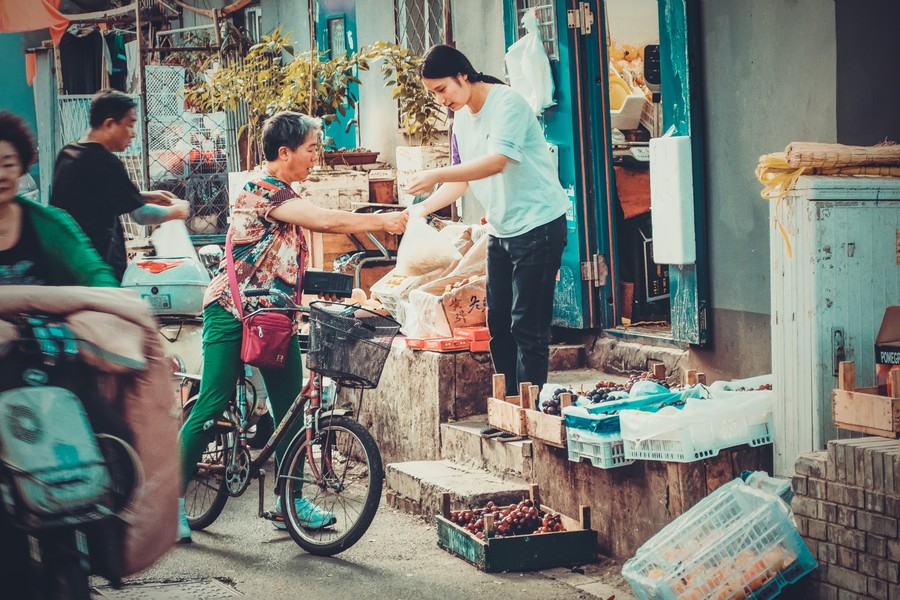Although the Malaysian Government, through the Ministry of Women, Family and Community Development (KPWKM), lead the way in empowering all Malaysian women, it is the shared responsibility of all stakeholders involved to ensure its success.
This is seen through the various initiatives that are planned and implemented by government agencies, in which a whole-of-government approach is used to carry out the women’s empowerment agenda in the country.
Among them are numerous direct and indirect assistance under the 2021 National Budget that aim to enable women to be part of revival efforts of the national economy which has been heavily impacted by the ongoing COVID-19 pandemic.
These include financial, health, professional and social support for women entrepreneurs; low-income or B40 women; vulnerable women facing domestic violence, divorce and abuse; and working mothers.

“These efforts (to empower and recognise the abilities and contributions of women in the nation’s development) will be enhanced over time and adapted to the current situation in Malaysia to remain relevant and effective,” said the ministry’s chief secretary YBhg Dr. Maziah binti Che Yusoff.
Speaking at the official closing ceremony of the 2021 National Women Symposium, she added that the implementation of programmes and initiatives focusing on empowering women could not have gone smoothly without the “buy-in” of all stakeholders at all levels of society.
Dr. Maziah therefore expressed her appreciation to the private sector, non-governmental organisations (NGOs) and local communities for being part of a whole-of-society approach that protects and empowers women.
“The involvement of all parties within society is necessary to complement each other’s role, especially in ensuring the welfare and well-being of the vulnerable, more so among women,” she said.
As such, she stressed the need for constant collaboration and utmost commitment from each and every stakeholder as the women’s empowerment agenda remains an important national agenda.
“It is hoped with the diversity of these women’s empowerment programmes, women can continue to become more active players in the nation’s development.
“I am confident that the resolution produced through (the 2021 National Women Symposium) will be translated into a comprehensive policy in our effort to support women’s empowerment and gender equality in our country,” she added.
Organised by the Department of Women Development under KPWKM, the symposium which took place online via Zoom from 23 to 25 August 2021 saw the participation of around 500 people from academic institutions, corporate sector, public service, NGOs and the vulnerable.






